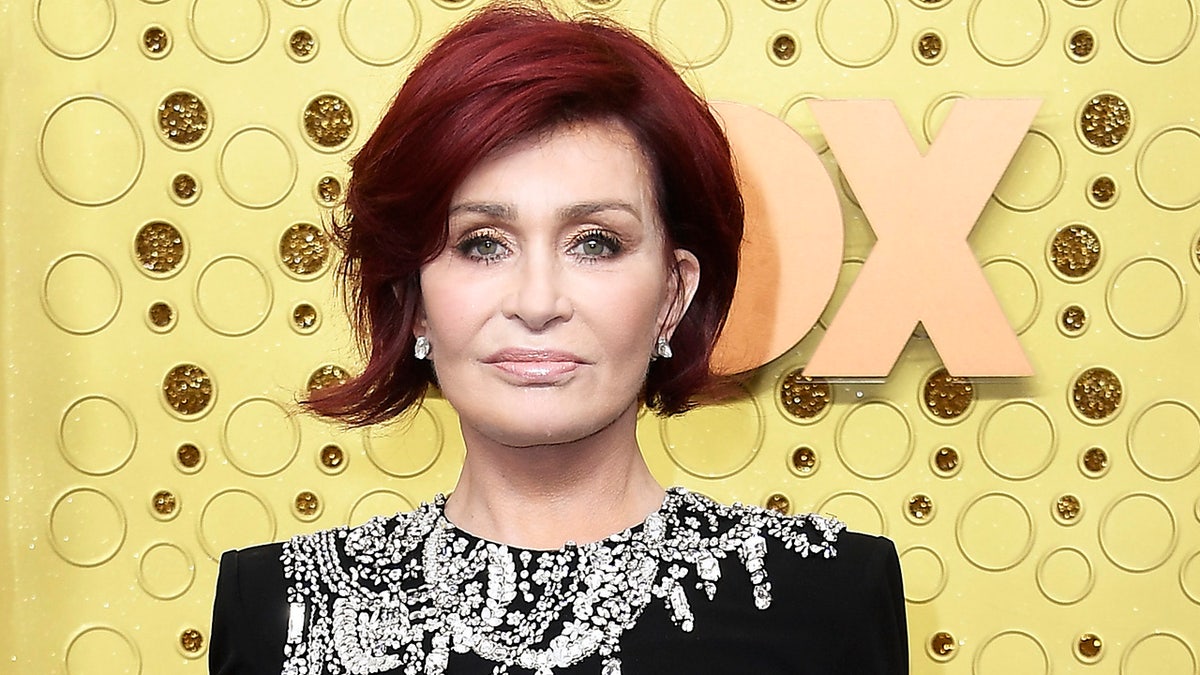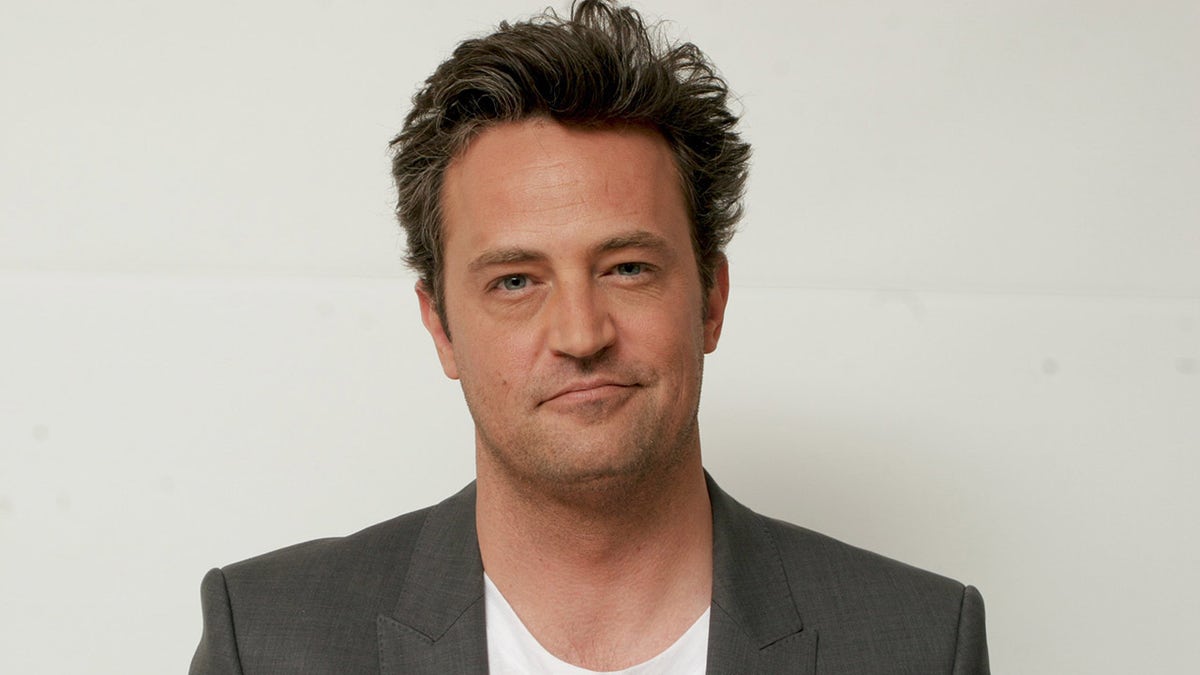According to an autopsy released by the County of Los Angeles Department of Medical Examiner, Matthew Perry sought “ketamine infusion therapy” as a treatment for his depression and anxiety less than two weeks before his death.
Perry admitted to having extensive experience with the anesthetic drug and wrote about “doing ketamine infusions every day” in his 2022 memoir, “Friends, Lovers, and the Big Terrible Thing.”
The late “Friends” actor died on Oct. 28 from “acute effects of ketamine,” with other conditions contributing to his death, including “coronary artery disease, buprenorphine effects,” according to the report.
Ketamine therapy is gaining popularity, with celebrities such as Sharon Osbourne and Chrissy Teigen recently touting the benefits of the unconventional method of treating mental health issues.
MATTHEW PERRY’S DEATH WAS CAUSED BY ‘ACUTE EFFECTS OF KETAMINE.’
Matthew Perry described using ketamine therapy in his memoir, “Friends, Lovers, and the Big Terrible Thing.”
In March 2021, CBS announced Osbourne “decided to leave” her gig on “The Talk” after 11 seasons following allegations of racism that stemmed from a heated, on-air exchange with co-host Sheryl Underwood. Osbourne had showed support for her friend, Piers Morgan, after he left “Good Morning Britain” due to his opinions about Meghan Markle and Prince Harry’s interview with Oprah Winfrey.
Ozzy Osbourne’s wife became the victim of cancel culture and admitted on DailyMailTV that despite publicly apologizing, she wasn’t sure being on television was a “safe place” for her anymore. She revealed that she was blacklisted and received death threats for endorsing Morgan’s rights to free speech.
Osbourne said she stayed at home to avoid conflicts with the public. Her friend and “The Talk” co-host Sara Gilbert suggested Sharon try an alternative method of treatment to regain her life: ketamine therapy.
MATTHEW PERRY DETAILED KETAMINE USE PRIOR TO DEATH: ‘HAS MY NAME WRITTEN ALL OVER IT’
“I went through three months of therapy,” Osbourne said. “I had ketamine treatments and I got it all out. All the tears and everything that I felt, you know. All of that, it’s gone.”

Sharon Osbourne used ketamine therapy after being ousted from “The Talk” in 2021.
In 2019, the U.S. Food and Drug Administration (FDA) approved ketamine in a nasal spray format (Spravato, or S-ketamine) for treatment-resistant depression and suicial ideation.
“If you’re a person that stuffs things – ‘I’m fine, I’m fine’ – this drug relaxes you,” she told the Sunday Times about experimenting with ketamine. “You’re not out completely. You can hear, you can talk, but you’re so relaxed, and you can’t bulls— on it. It’s a truth drug.”
5 MYTHS ABOUT KETAMINE, THE DRUG TIED TO MATTHEW PERRY’S DEATH, ACCORDING TO DOCTORS
Chrissy Teigen celebrated her 38th birthday in November with friends, family and a ketamine therapy appointment.
“I had a really nice birthday, went to to see my friends @flamingo_estate, had a beautiful lunch with friends,” she shared on Instagram this month.

Chrissy Teigen said she “cried and cried and cried” after ketamine therapy.
“Then did ketamine therapy and saw space and time and baby jack and some weird penguins and cried and cried and cried. Then laid with my babies, then hot pot, then hung with my best friend.”
Teigen and husband John Legend have remained candid about the pregnancy loss she experienced in September 2020. The couple, who share daughter Luna, 7, and son Miles, 5, named their unborn son Jack.
They also welcomed daughter Esti in January and a surrogate gave birth to son Wren in June 2023.
Former “Dynasty” star Catherine Oxenberg admitted ketamine helped her overcome trauma from spending years attempting to free her daughter, India, from the NXIVM sex cult. In 2018, Oxenberg lost her home to the California wildfires.

Catherine Oxenberg used ketamine therapy to help treat chronic pain after spending years attempting to free her daughter India (left) from the NXIVM cult.
Dealing with trauma caused her body to break down, and Oxenberg turned to the unconventional therapeutic method following a conversation with her doctor. In 2020, she took her first intravenous dose of ketamine.
“What I felt was the depth of relaxation, that every cell in my body just let go,” Oxenberg told People magazine. She’s had six treatments and continues using prescription ketamine lozenges, which give her “freedom beyond pain management.”
“No matter how much trauma I’ve gone through — feeling like something was irretrievably lost — it’s been an extraordinary experience to realize I’m not broken,” Oxenberg said. “I’ve realized I’m not defective. I’m intact. I’m whole.”
Lamar Odom has used small doses of ketamine under medical supervision in ongoing sobriety efforts.
LAMAR ODOM REVEALS WHAT HELPED HIM TREAT ADDICTIONS: ‘I’M FEELING AMAZING’
He told “Good Morning America” in 2021 that “ketamine came into my life at the right time.” Odom has battled substance abuse issues for years and primarily struggled with a cocaine addiction.

Lamar Odom survived a near fatal overdose in October 2015. (Getty Images)
In October 2015, the former Los Angeles Lakers star almost died while overdosing at a brothel near Las Vegas. Odom suffered 12 seizures, six strokes and his heart stopped twice. He was placed on life support before regaining consciousness.
“I don’t think I will stop it,” he said of ketamine. “I don’t want to try to stop being great. If I have greatness inside of me, I want to try to get it out.”
Perry reportedly received “ketamine infusion therapy for depression and anxiety.”
His last known treatment was more than one week prior to death, but the medical examiner determined “the ketamine in his system at death could not be from that infusion therapy, since ketamine’s half-life is 3 to 4 hours, or less.”

Matthew Perry died due to “acute effects of ketamine,” the County of Los Angeles Department of Medical Examiner said.
“There were trace amounts of ketamine detected in the stomach contents,” the autopsy listed. “The exact method of intake in Mr. Perry’s case is unknown.”
Ketamine is a dissociative anesthetic drug with “established medical and surgical uses,” the autopsy detailed.







